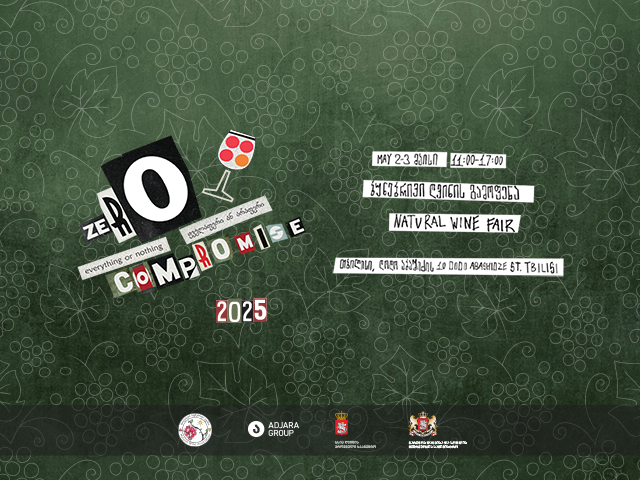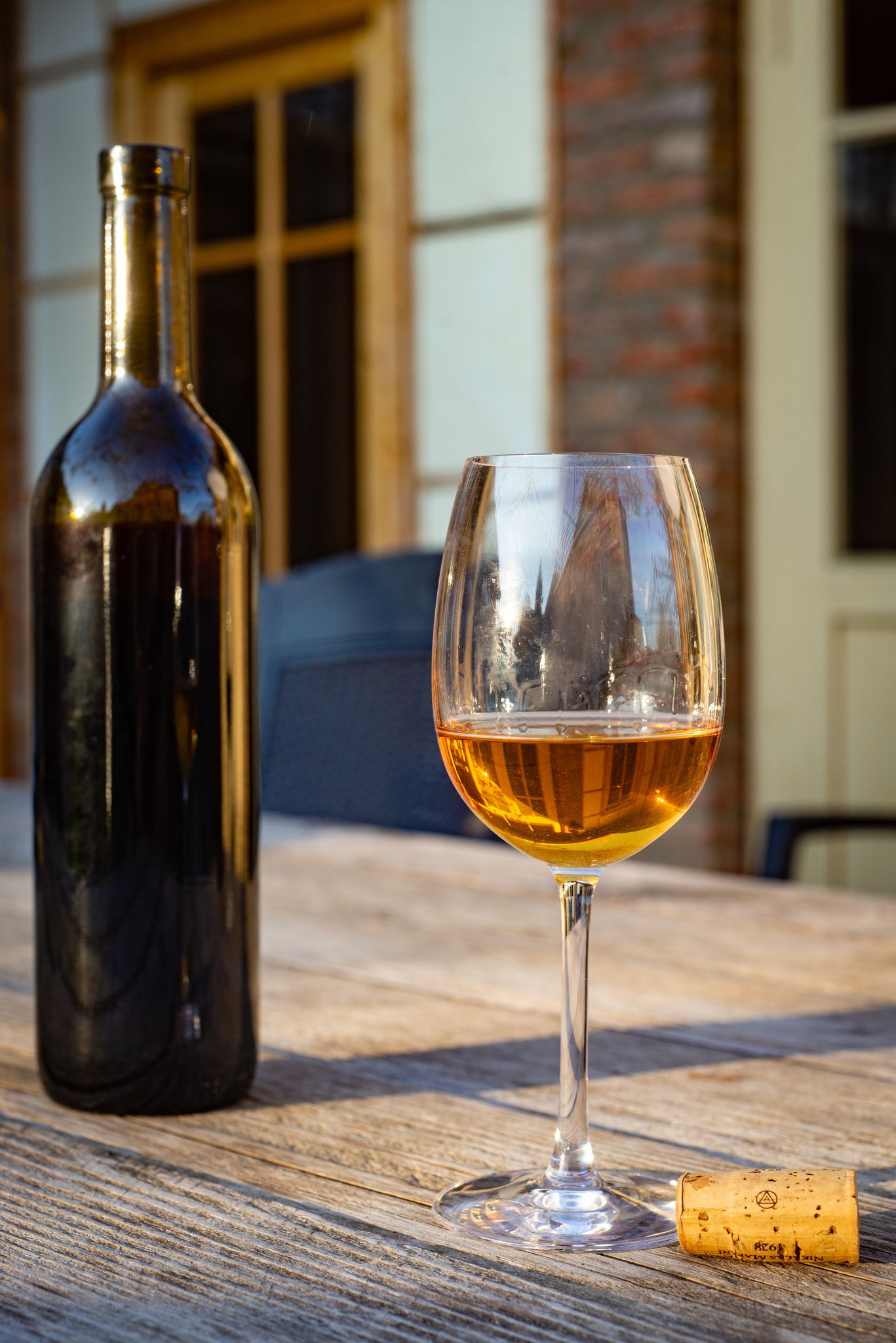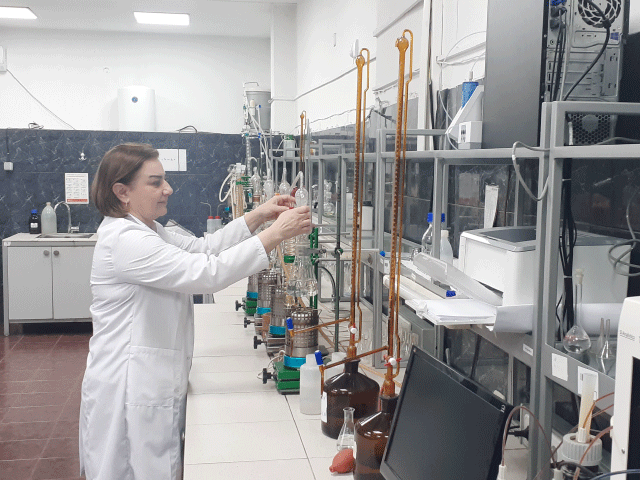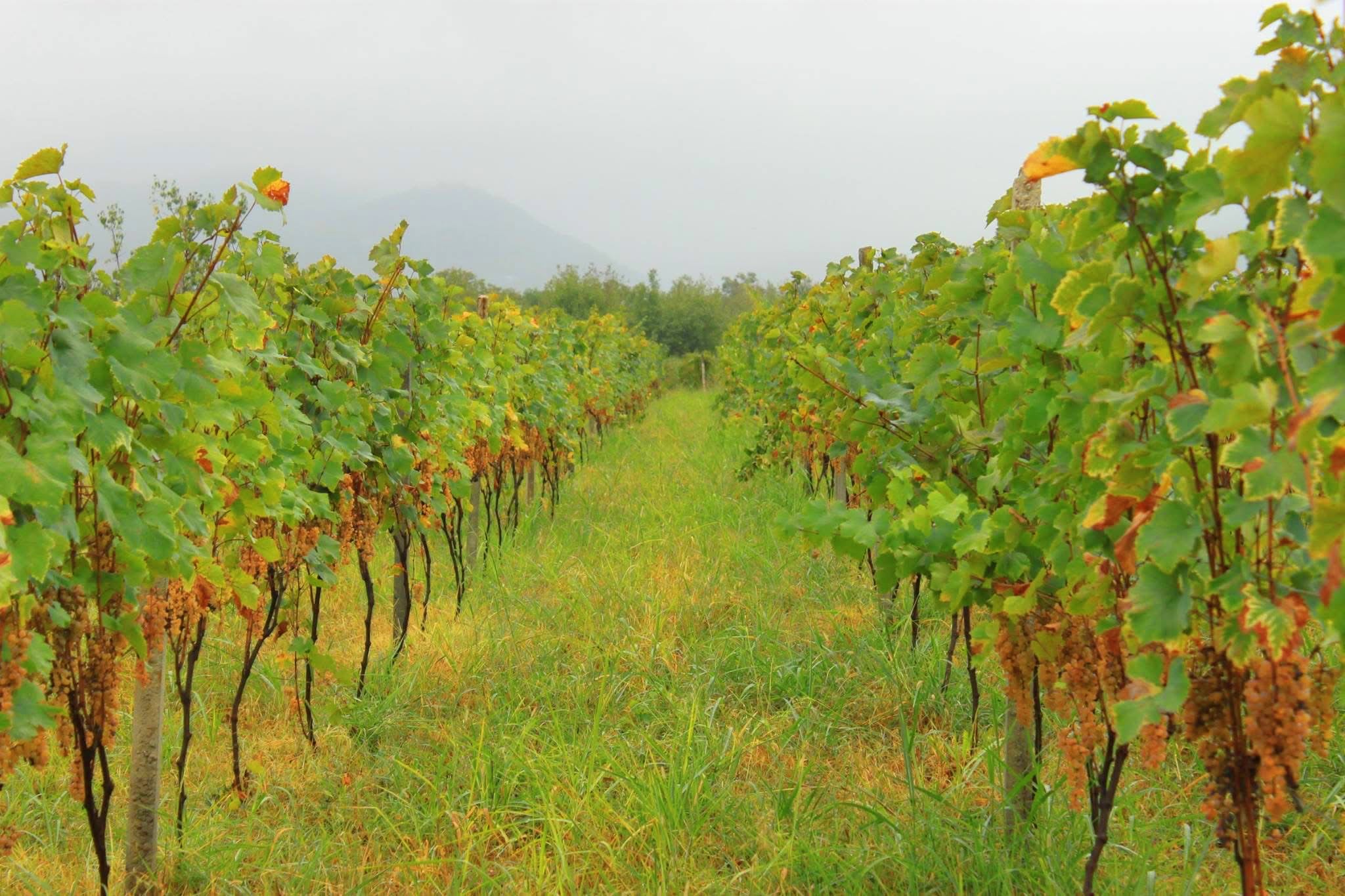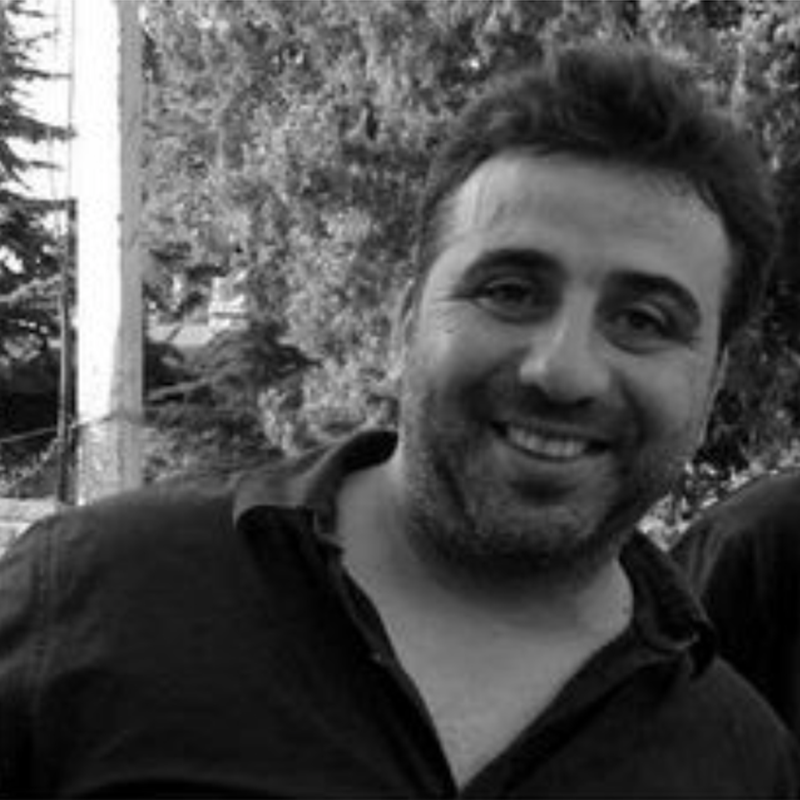News . 31-01-2025
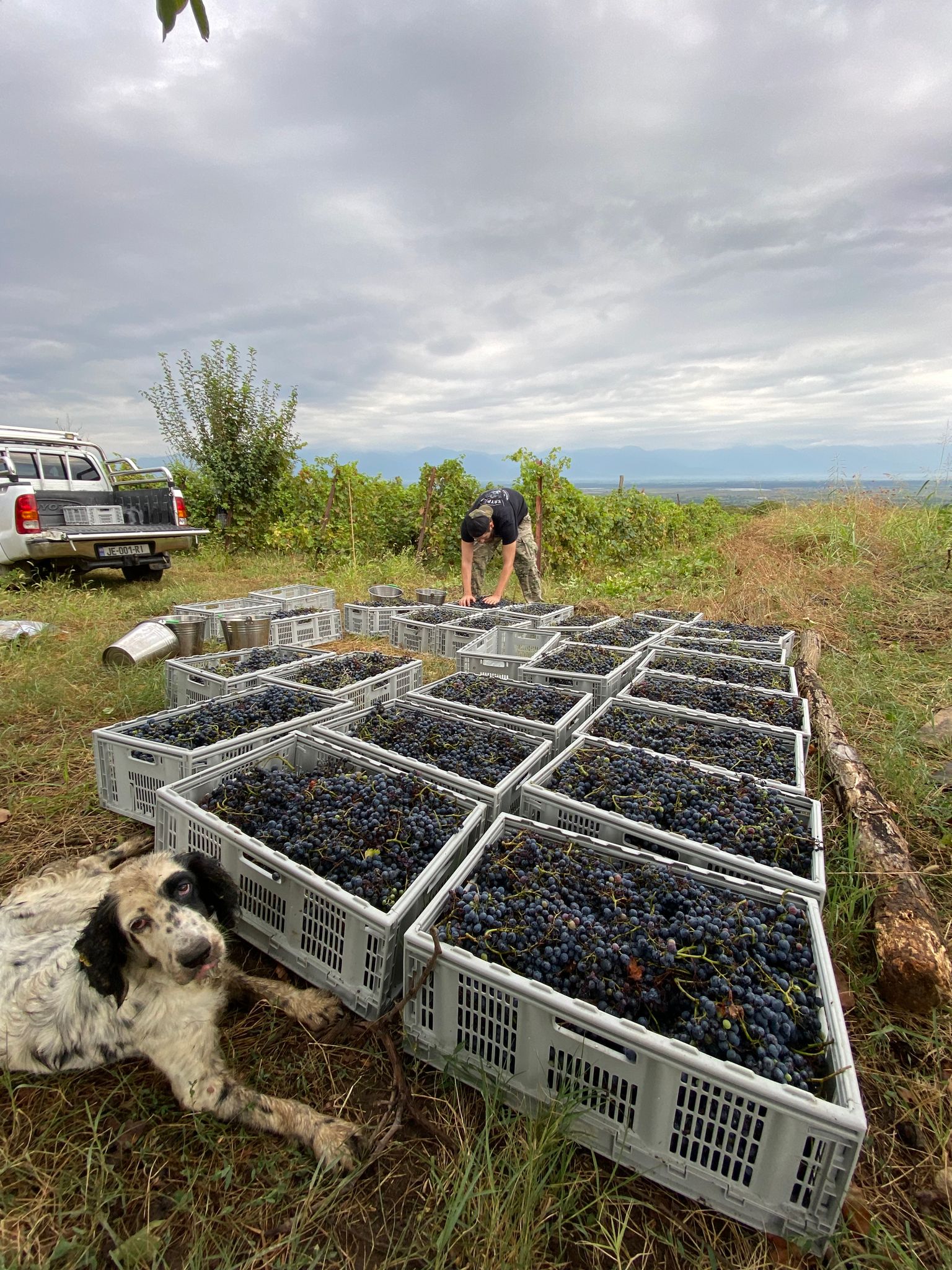
The 2023 harvest in Kakheti was decimated by diseases and natural disasters
In Georgia, the harvest season commences in Kakheti and concludes in the mountainous regions of Western Georgia. Given that the majority of the country’s grape harvest originates from Kakheti, it’s only natural that this area garners special interest. Despite the attention from both the state and society towards Kakheti and its 2023 harvest, the winegrowers didn’t reap much benefit. According to Kakhetian winegrowers, this year witnessed the worst harvest in the region over the last 20 years, with some areas unable to harvest grapes at all.
Frequent rains began in early spring, leading to the catastrophic spread of fungal diseases. This was followed by a series of unfortunate events: hail in almost all municipalities of Kakheti, mudslides, and unusually strong whirlwinds.
The members of the Natural Wine Association, including Kakhetian winegrowers, couldn’t escape the significant loss. It was hard to find a winegrower who didn’t lose at least 40-50% of their harvest. The situation was particularly dire in the municipalities of Akhmeta and Sighnaghi. The residents of Telavi and Gurjaani also lost half of their harvest. The situation in Gare Kakheti was challenging as well. According to the Association member winegrowers from Gare Kakheti, white grapes were especially hard hit this year. A winemaker from Khornabuji (Sighnaghi municipality) shared that he couldn’t even harvest 500 kilograms of grapes from a large vineyard and decided to use the entire harvest (300-400 kilograms in total) to make pet nat, which has gained popularity recently.
Giorgi Volski of “Andria’s Wine” states, “I have vineyards in Akhmeta and Khashmi. It was a challenging year for both. Due to excessive rain, a potent downy mildew overtook the vineyards and ruined at least half of the harvest. This situation is prevalent everywhere.”
Mikheil Chonishvili of “Chonas Winery” laments, “What vintage, indeed?! Typically, I should have harvested 15 tons of grapes, but this year, I may manage to pick 500 kilos. I used to take pride in saying that downy mildew couldn’t harm me, but this year, I find myself needing to buy grapes from the Association members to make wine. The situation is similar across the entire Telavi municipality.
Nino Chitoshvili of “Chitos Winery” shares, “We have vineyards in two villages of Gurjaani - Vachnadziani and Vazisubani. We were particularly affected by Saperavi, which was heavily attacked by hail. We harvested 3 tons from one hectare. The hail also damaged the white varieties, but that’s manageable. This year we lost half of the Saperavi crop. We also lost about 30% of the white varieties. Saperavi had no juice at all, which can also be attributed to the hail. We harvested on the fourth day after the hailstorm, once the sugar levels had increased. I harvested one vineyard of white varieties when they were half-rotten because I was waiting for the sugar levels to rise, but meanwhile the hail came.”
Guram Maisuradze of Marani “Nadelebi” states, “We can probably all agree that 2023 is one of the most devastating years for Kakheti. Experienced winegrowers around me say that such a situation has not occurred in Kakheti for more than 20 years, starting with vineyard diseases and ending with excessive hail. A large number of those who survived the disease were wiped out by the subsequent hailstorm. Despite such a challenging year, most of our vineyards near Telavi were quite productive. We achieved a very good result in terms of grape quality, due to the fact that we started treating the vineyard early, as soon as the first strain of downy mildew appeared. We delayed the application in the Rkatsiteli vineyard and 80% of it got destroyed. Other varieties (Kisi, Khikhvi, Saperavi) show good results both in terms of character and quantity. If we do not include Rkatsiteli, I think we will have very good quality in the wines of 2023. We were also fortunate that the hail did not reach our vineyards, which we could not say about the previous years, when we had hail 3 years in a row and lost most of the harvest.”
Davit Mosulishvili of “Dano” winery shares, “When I started picking, I realized that I would harvest about 500 kilograms of grapes from 42 rows of a vineyard. Unfortunately, we couldn’t even collect this amount. I harvested 4 buckets of grapes from one vineyard (12 rows) in Khornabuji. Vardiosperi Rkatsiteli turned out to be more resilient and less damaged. Khikhi also survived to some extent. We don’t have much Khikhvi, and it’s next to the vineyard. Maybe it’s breezier there, and that helped.”
Ana Didebulidze of “Robis Marani” states, “We won’t have a harvest this year because we lost the entire crop. In the village of Naniani in Gurjaani, the grapes were severely damaged by the rains and mildew, and there is a similar situation almost everywhere around.”
Nika Garsevanishvili of “Akhmeta Wine House” states, “In the spring, the vine had such a flower, I thought everything was going great, but as it turned out, it was in vain! The vineyards in Alaverdi were hit by downy mildew when they were still in bloom, so that the flowers were completely destroyed and now, if you look at them, you would think they were harvested. Not even a cluster left. Neither a leaf nor a branch. In Akhmeta, the vines had a little time to ripen, but we were also affected by the downy mildew there. If we harvest 2 tons instead of 6 tons, I will be happy. We didn’t have hail this year.”
Zurab Khvtiasiashvili of “Khvtisia” winery shares, “It was a very bad year in Kardanakhi as well. Our harvest was spoiled especially at the end of summer. Especially hail and wind damaged our harvest. This year we lost 50% of Rkatsiteli and 40% of Saperavi harvest.”
As the winegrowers say, this year most of Kakheti was unfortunately left without grapes. It is a fact that 2023 will go down as one of the worst years in the history of viticulture and winemaking in Kakheti. Hopefully, such a year will not be repeated. Of course, we will know the quality of the wines from the 2023 harvest in the spring of 2024, and we will revisit this topic then.
Levan Sebiskveradze
